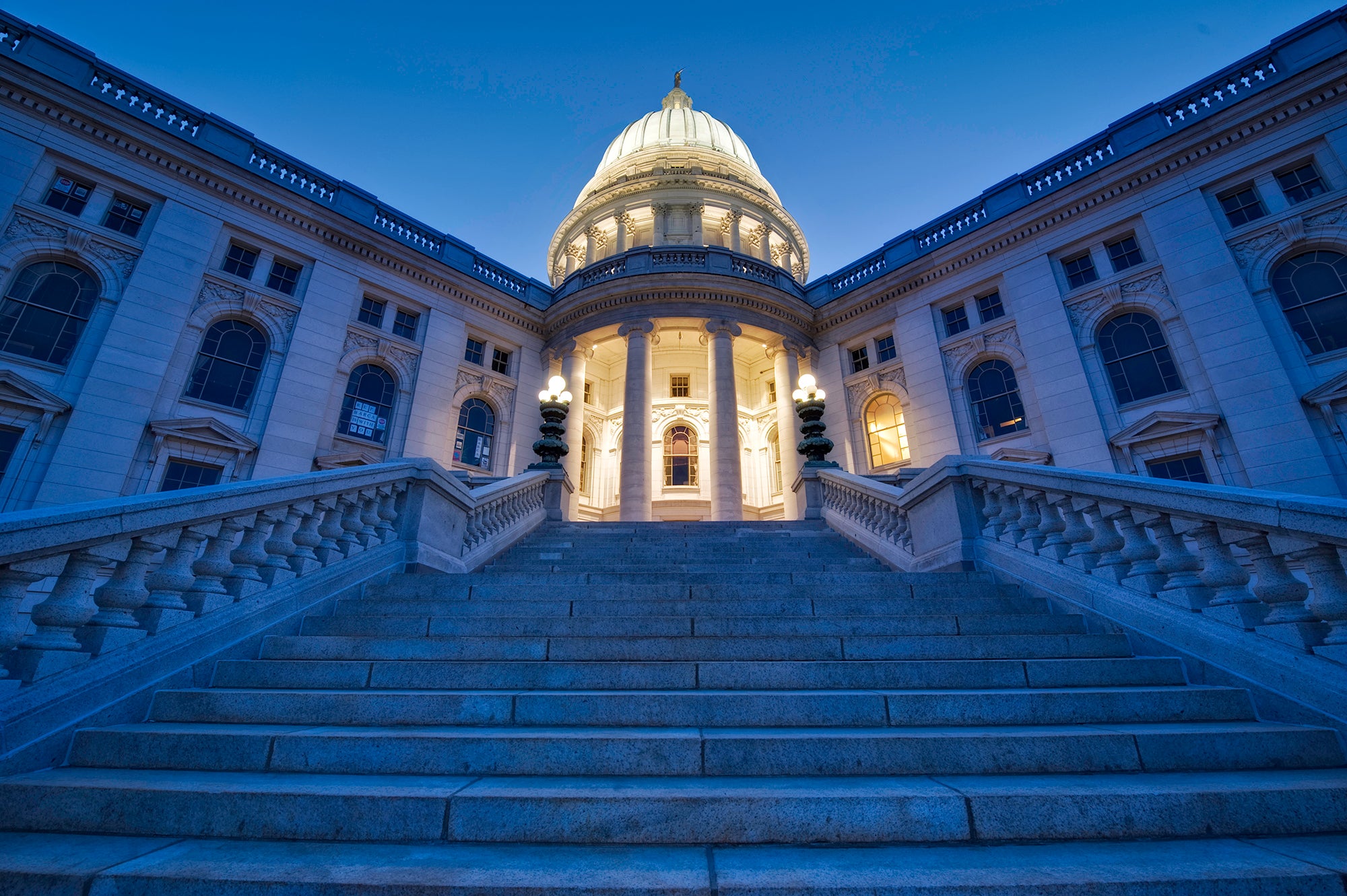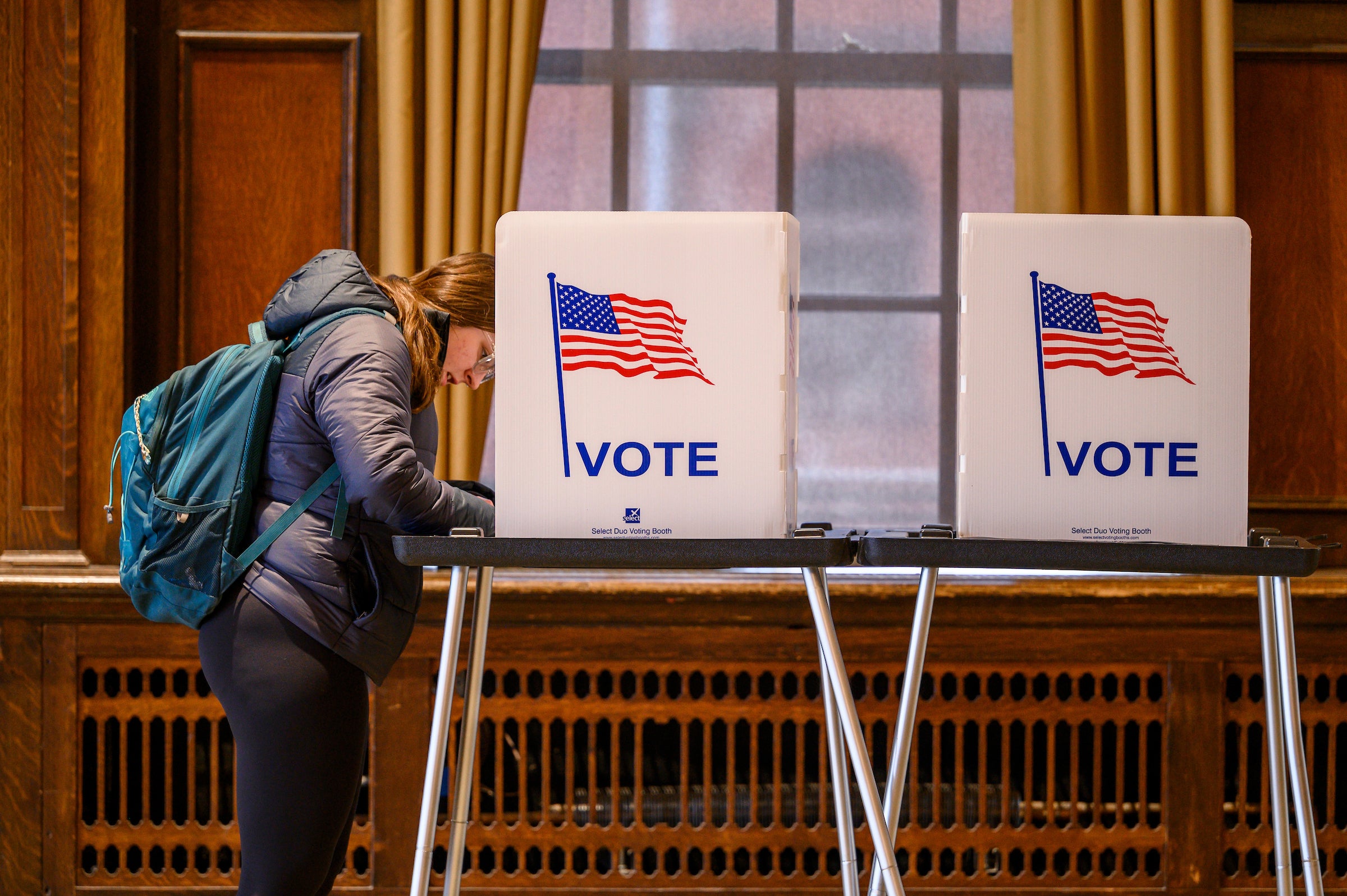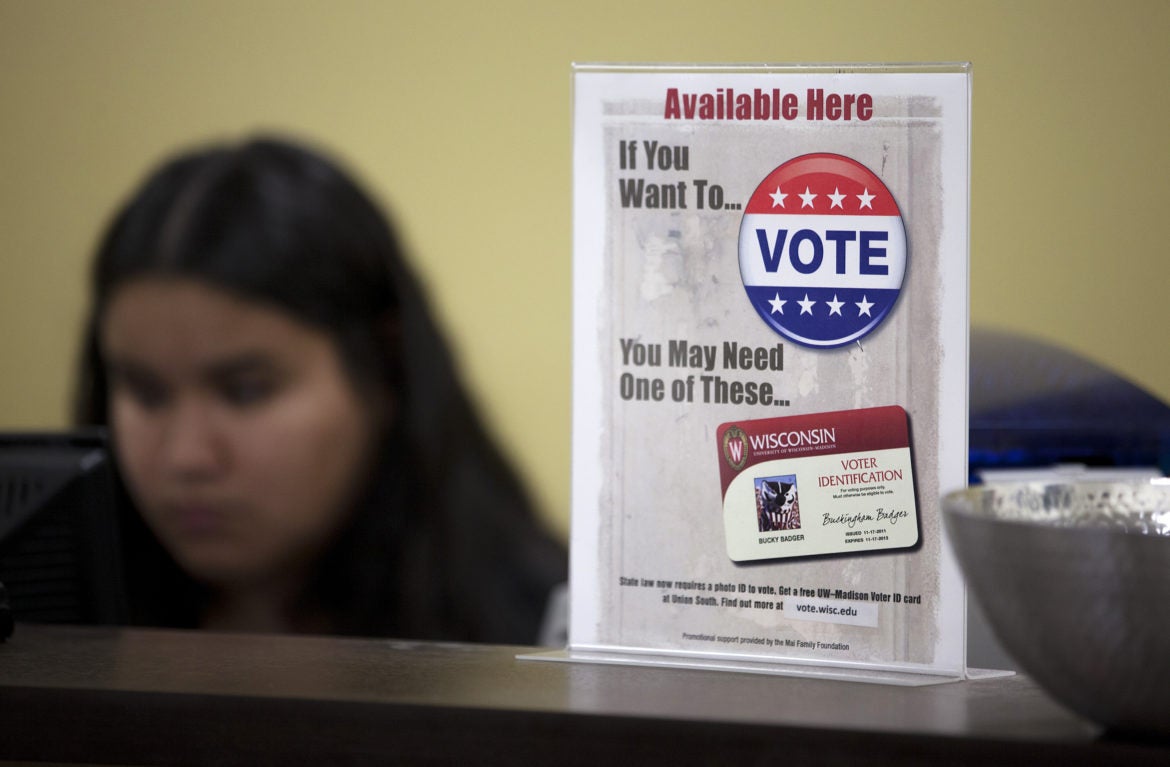State lawmakers are considering a number of changes to the laws governing landlord-tenant relationships in Wisconsin, including some that opponents argue could contribute to homelessness in Wisconsin.
One provision in the lengthy bill, introduced by state Sens. Frank Lasee, R-De Pere, and David Craig, R-Town of Vernon, would require renter’s eviction records to be publicly available for 10 years.
At a Wednesday public hearing on the bill, tenant advocates argued against the change.
Stay informed on the latest news
Sign up for WPR’s email newsletter.
Brenda Konkel, who works at the Tenant Resource Center in Madison, argued the notice of an eviction hearing, even if the tenant wins the court case, could keep that tenant from being approved for a new place to live.
“If that stays on the record for 10 years, landlords will check CCAP (the public database), they won’t look at any details, they will see an eviction has been filed against them, and they will deny people based on that alone,” Konkel said.
Konkel said the change could increase the chances of someone remaining homeless or becoming homeless.
The bill would also loosen historic preservation requirements for people who want to make repairs or changes to their homes.
Under the plan, people wouldn’t have to use materials that are identical to what the structure had when it was built, if they make repairs.
Travis Haines, a property owner in central Wisconsin, said current law allows historic preservation commissions to declare homes or entire neighborhoods historic districts without homeowners’ consent.
“And the result is that we’re not able to make the repairs that we so chose on the property, because commission members are able to dictate what they personally want to see done — or their personal tastes,” Haines said.
Opponents to the bill say some people could use the change to make repairs that damage the historical integrity of their homes or neighborhoods.
The bill has yet to be voted on in committee.
Wisconsin Public Radio, © Copyright 2025, Board of Regents of the University of Wisconsin System and Wisconsin Educational Communications Board.





